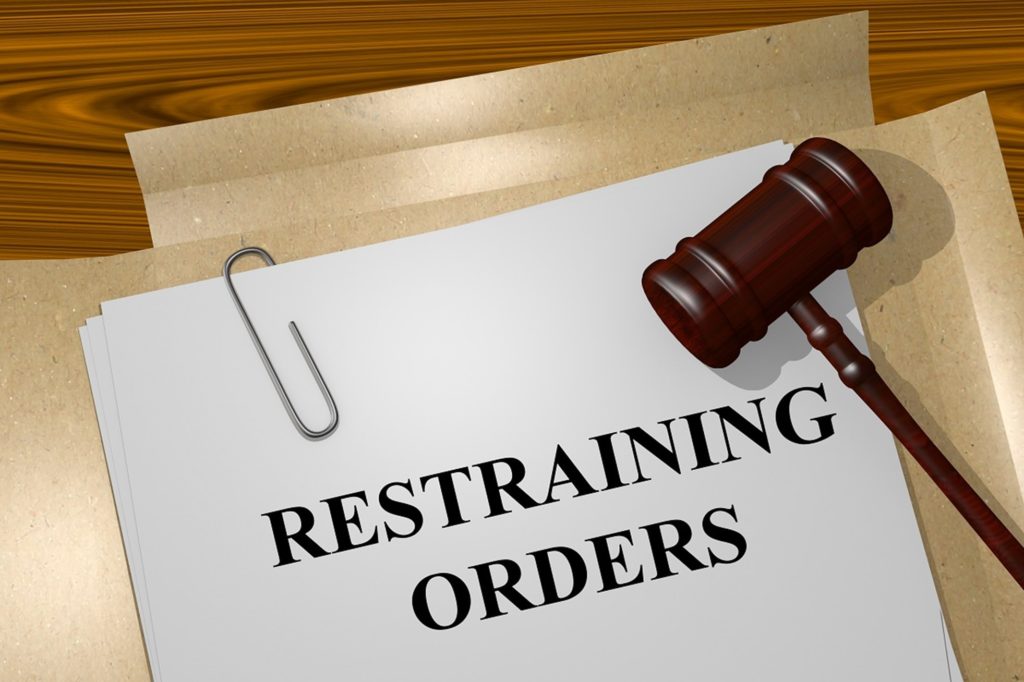In the UK, a restraining order is issued by a court to ensure that one person cannot continue an unwanted behaviour towards another person.
While that might sound vague, in essence, such orders are given in instances where the first person is behaving in a threatening manner towards the second, causing the second person to feel their safety is in jeopardy.
If you have recently been issued with a restraining order, you may be uncertain about what it is or what it actually means under UK law. The following brief and simplified guide should offer you some answers, detailed in jargon-free language by a criminal solicitor.
What is a restraining order?
While the definition was outlined above, a restraining order can be issued when one person feels that their wellbeing or safety is being threatened by another person. Even if you feel that your actions and behaviour has been reasonable, your criminal solicitor will inform you that the aforementioned person has every legal right to take out a restraining order against you.
A restraining order can highlight the types of behaviours that they want you to cease engaging in; if you have been making numerous phone calls to them, they may proclaim in the restraining order that you want you to halt that activity.
What evidence is needed for a court to issue a restraining order?
There is no legislation in the UK or check-list that has to be filled in for one person to take out a restraining order against someone else.
If you have had a restraining order issued against you contacting someone, the evidence will have been submitted by the prosecutor to the court, allowing the order to be placed.
Can a restraining order be challenged by the person it is issued against?

Indeed, it can, and this is where a criminal solicitor can be a real benefit.
They will need to apply to the original court that the order was issued and seek to either have it discharged or amended. This will need to be made in writing and will explain how the situation under which the order was made is now invalid. For instance, if you have begun to seek counselling or are no longer consuming alcohol, these would all be acceptable reasons for a court to potentially discharge a restraining order.
Can it be amended?
Yes, either by the person who initially applied to have it issued or by a representative of the person that the order is against.
In the first instance, the person who wanted the order created can appeal to the court and ask for the judge to amend the order, but reasonable evidence must be given for this to occur.
If you want to amend the restraining order that has been issued against you, your solicitor will need to begin investigating the reasons why the initial order was placed. After this has been established, you will need to prove that these circumstances have changed, making the initial order appear invalid.

